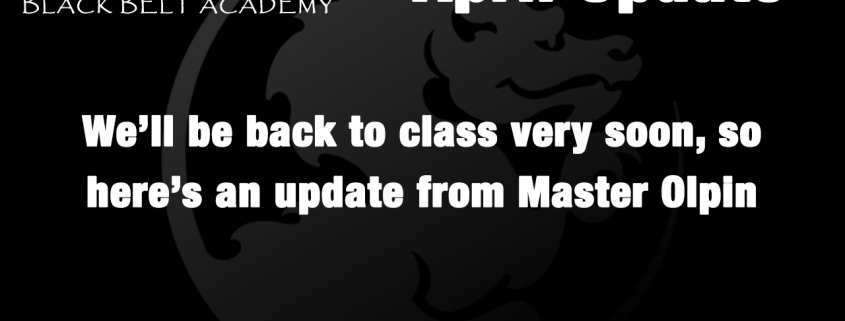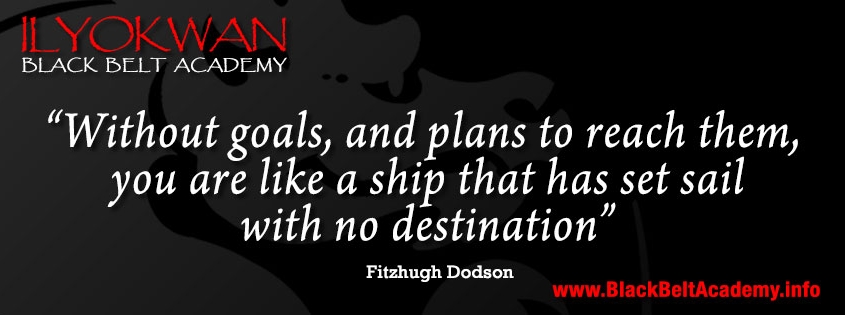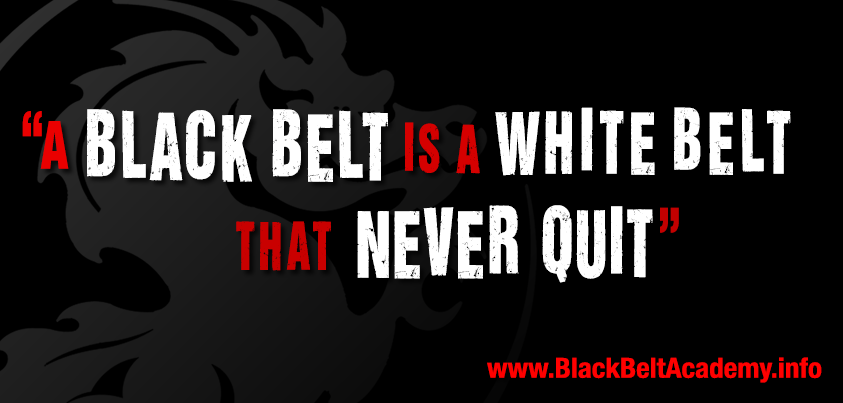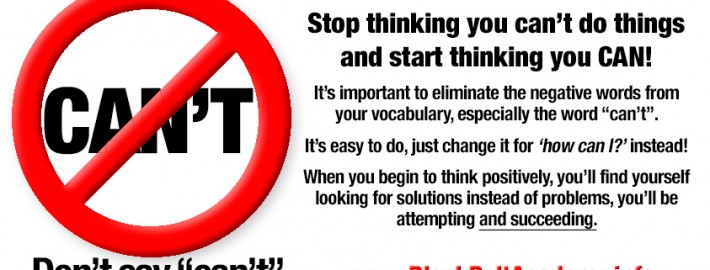We all set goals.
Sometimes we set S.M.A.R.T. goals (more on that acronym later). Sometimes we set STUPID goals (that one isn’t an acronym, just emphasised). Some goals we achieve, and some we don’t. The problem is, between the goals that we never achieve and the ones we achieve at first but lose afterwards, we often end up with a net growth of close to zero! Let’s take a look at how to set the right goals, know when to use them, and know when to lose them.
SMART Goals
Learning how to set SMART goals was really helpful for me. For those that haven’t heard of this before, SMART stands for Specific, Measurable, Attainable, Realistic, and Timely. This is a method of setting goals that is taught in many different branches of study because goal setting is useful in almost any activity, career, or lifestyle.
A specific goal means taking the time to think about the details, rather than setting a general goal. For example, instead of saying, “I’m going to get back in shape,” you could say, “I’m going to join The Black Belt Academy and train twice per week.” :-) We want to lay out a plan for our goals to help achieve them.
A measurable goal is just what it sounds like. Make your goals things you can measure. This enables you to actually track your progress, which will keep you motivated. For example, numbers on a scale, waist size, money in savings, and time spent with loved ones can all be measured to give yourself some numbers to check.
Setting an attainable goal means setting goals that are possible to achieve. For me, it means setting smaller goals along the way that help me see that I am growing closer to my ultimate goal. This will increase your confidence and determination to reach that final goal. The obvious martial arts connection here is the coloured belts we use to measure progress. Imagine how much more difficult it would be to get from white belt to black belt if there weren’t any belts in between (it used to be that way)! The other colours are a useful way to track our progress, and feel like we’ve made progress at each level. All of these smaller progress indicators will help you reach your bigger goals.
Realistic goals come back to being attainable. This doesn’t mean you should only set small goals. In fact, the big goals are sometimes the easier goals to achieve because you want them so badly! Have you ever completed a big task and felt so good afterwards that you said, “That was a lot easier than I thought!” Chances are the task wasn’t easy, you were just highly motivated to do it.
Timely means to put some timeframes on your goals. Sooner than someday, though! Don’t use the “someday” word, although this one has to tie into the rest of the points. For example, saying you want to achieve your Black Belt in 2 years could be very unrealistic. This is both something that is ultimately not your decision, and highly unlikely depending on the martial art that you are training in. On that note, I don’t recommend using belts as your goals to try to achieve a belt by a certain time. For weight loss, timely also means in a “reasonable” time. It’s best to shoot for between 1 – 1.5lb per week. Any more than this is not encouraged.
When to Use Them and When to Lose Them
Goals are great to use in the beginning of a journey. The first few weeks of working towards a goal are usually the most difficult to get through. During this period you are breaking bad habits or building new ones (usually both) and this can be both very challenging and very frustrating. This time is where many people lose motivation. During this period, if you have set some SMART goals, they might just be the motivation you need to keep going.
Have you ever reached a goal only to lose the progress you made shortly afterwards? Of the thousands of people that have tried the famous BeachBody workouts (such as P90X or Insanity), most people don’t make it through (because they are challenging!). But of the few people that do, all of them that I have met have fallen back to where they were before the program within a year of completing it! The problem is that most short term programs usually aren’t maintainable. If you can’t maintain what you did to reach your goal after the program finishes, you will likely fall back to where you started.
Try this for analysing a program before you start:
What if we lay out not only intermediate goals and plans for the timeframe we think it will take to reach our ultimate goal, but also a maintenance plan for after we do? With fitness I think this is a lot easier than we make it. Find some exercise that you enjoy doing, and then follow a healthy but maintainable and enjoyable diet and you are all set (just kidding, I know it’s not always that easy). If we have to do a workout plan to achieve our goal that we won’t be able to maintain afterwards, let’s NOT do it! Wouldn’t it be better to lose that 20 pounds over the course of a year if it meant it stayed off for the rest of our lives?
The same applies to martial arts. If you set your sights on Black Belt as your goal, and follow a training plan to get there that you aren’t going to maintain once you achieve it, will it really be worth it? If your goal was just to scratch it off a bucket list, then that answer may be yes. But if your reasons for achieving your Black Belt include growing as a person, learning to defend yourself, being more confident, and getting in the best shape of your life, then you won’t be happy to learn that those benefits will all disappear within the first year of quitting your training.
The Answer
What if we learn to set SMART goals for the items I just listed (growing, defending yourself, confidence, fitness, etc.) at the beginning of our journey? Then, as we grow closer to reaching the goal that we originally set out to achieve, we wean ourselves off of using goals and learn to just enjoy what we’ve achieved. We become motivated to maintain what we have because of the value it adds to our lives. If you learn to set smart goals, enjoy the journey, enjoy the training, and then enjoy the benefits of reaching your goal, you will continue to reap the rewards for the rest of your life.
In a sense we could call these lifestyle goals. We set small goals towards making something part of our lifestyle – healthy eating, fun exercise, spending time with loved ones, relieving stress, getting (and staying) out of debt, and the list goes on! Then once we have made them a part of our lifestyle, the goals disappear. You are now motivated by the joy that you get from living a positive, healthy life with the people you love. This phenomenon is what occurs as a lifelong martial artist. It may take you many years to make it to Black Belt, but once you get there you realise that it was only the beginning of the journey, because now the rest of your life is in front of you. You used the goals in the beginning (white to red) but then ditched them and just enjoyed the lifestyle once you got there (black).
On a final note, we should never stop growing. So once you have achieved a goal and integrated it into your life, remember to move on to another area that needs growth (or reduction!).
“In the absence of clearly-defined goals, we become strangely loyal to performing daily trivia until ultimately we become enslaved by it.” – Robert A Heinlein








